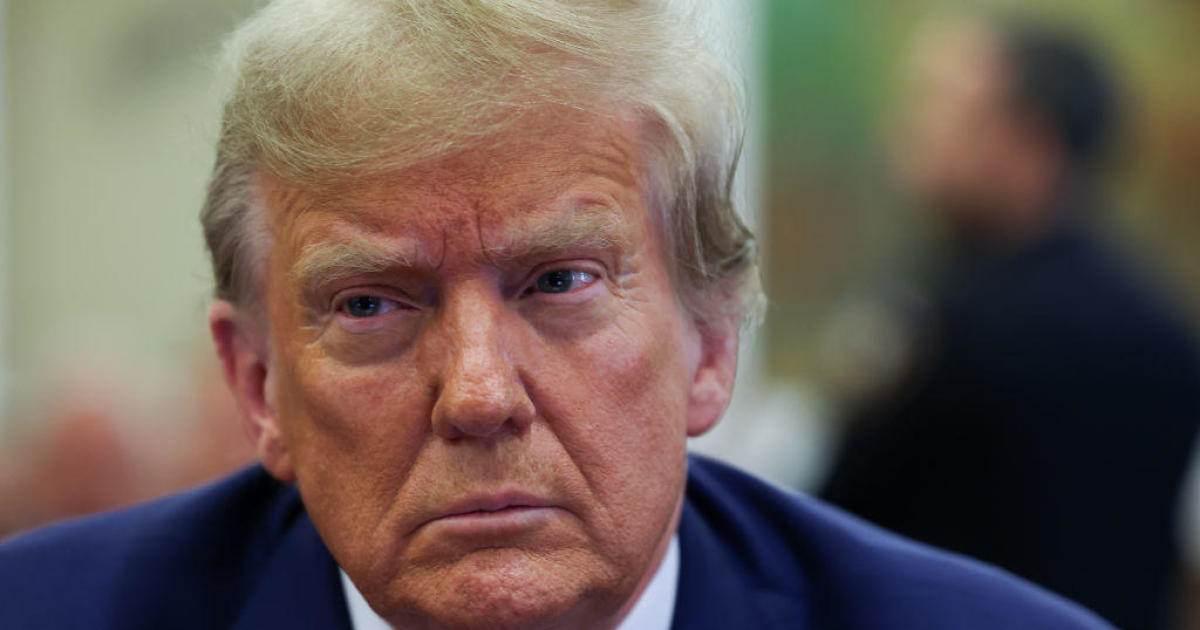A New York appellate judge denied Donald Trump’s request to halt the collection of his $454 million civil fraud penalty while he appeals, ruling that he must post a bond covering the full amount to stop enforcement of the judgment. Trump’s lawyers had offered to post a $100 million bond, arguing that the lending ban imposed in the verdict made it impossible for him to secure the full amount. However, the judge ruled that Trump needs to post the full amount to pause collection automatically, granting a pause on a three-year ban on seeking loans from New York banks to help him secure the necessary bond.
In total, Trump and his co-defendants owe more than $465 million to the state, with a deadline of March 25 to secure a stay, which would pause collection while the appeal is ongoing. Trump’s lawyers argued that the judgment amount, along with the lending ban, made it impossible for him to secure and post a complete bond, while the Attorney General’s office opposed the plan, stating that Trump’s offer would leave substantial shortfalls if the verdict is upheld. The Attorney General has indicated that they will seek to seize Trump’s assets if he is unable to pay the judgment.
The civil fraud ruling against Trump, his company, and top executives, including his sons Eric and Donald Trump Jr., found that they had schemed to deceive banks and insurers by inflating his wealth on financial statements to secure loans and make other financial transactions. The ruling imposed a significant financial penalty on Trump and his associates, leading to the current legal battle over the enforcement of the judgment. The appellate judge’s decision to require a full bond to halt collection reflects the seriousness of the case and the need to ensure that the judgment is secured pending the appeal process.
Trump’s legal team has been fighting to reduce the financial burden imposed by the civil fraud penalty, citing challenges in securing the full amount required for the bond. The judge’s ruling underscores the importance of upholding the judgment and ensuring that the plaintiff’s award is secured, despite the defendant’s arguments about the difficulty in meeting the financial obligations. The ongoing legal battle between Trump and the state of New York highlights the complexities and consequences of financial fraud cases involving high-profile individuals and the significant penalties that may be imposed as a result.
As the legal proceedings continue, Trump and his legal team will need to navigate the requirements set by the court to secure the necessary bond to pause collection of the civil fraud penalty. The decision to deny Trump’s request for a smaller bond amount highlights the court’s commitment to upholding the judgment and ensuring that the plaintiff’s award is protected during the appeal process. The outcome of this case will have significant implications for Trump and his associates, as well as for future cases involving financial fraud and the enforcement of civil penalties.









